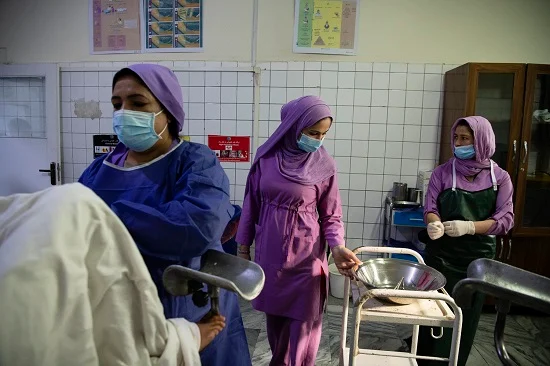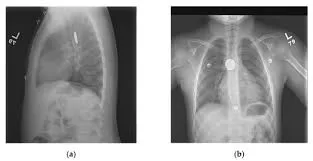
New Delhi, January 17, 2024
In a significant legal development, the Centre has moved the Delhi High Court seeking a reconsideration of its recent order granting permission to a widow to terminate her 29-week pregnancy. Justice Subramonium Prasad had earlier given his nod for the termination, citing the woman’s mental health concerns after losing her husband.
The court, acknowledging the widow’s right to reproductive choice and considering her suicidal tendencies, had allowed the termination despite the gestation period exceeding the 24-week limit specified in the Medical Termination of Pregnancy (MTP) Act.
The Centre, in its appeal, has urged the court to prioritize the right to life of the unborn infant, emphasizing the child’s fair chance of survival. The All India Institute of Medical Sciences (AIIMS), where the woman underwent examination, supported this perspective, stating that delivering the child at 34 weeks or beyond would yield a better outcome for both the mother and the child.
AIIMS stressed that termination beyond 24 weeks should be reserved for cases with significant abnormalities, which are not present in this instance. The Union Health and Family Welfare Ministry, represented by Additional Solicitor General Aishwarya Bhati, warned that termination without conducting foeticide could lead to pre-term delivery with complications.
Justice Prasad, considering the reports of the woman’s depression and potential complications, had directed her to undergo further psychiatric evaluation and counseling at AIIMS on January 16, 17, and 18. The court had specifically asked AIIMS to provide a detailed report on the physical and mental health of both the woman and the fetus.
The next hearing in this sensitive case is scheduled for January 19.
The court’s earlier order, allowing the widow to undergo the termination procedure at AIIMS, stirred debate as it permitted the termination beyond the legal gestation limit. The woman, married in February 2023, lost her husband in October, and upon returning to her parents’ house, discovered she was 20 weeks pregnant. In December, grappling with profound trauma, she opted to terminate the pregnancy, seeking court permission despite the gestation period exceeding 24 weeks. The court clarified that its order was specific to this case and not intended as a precedent. The formation of a medical board to assess her health condition further emphasized the unique circumstances of this particular situation.









